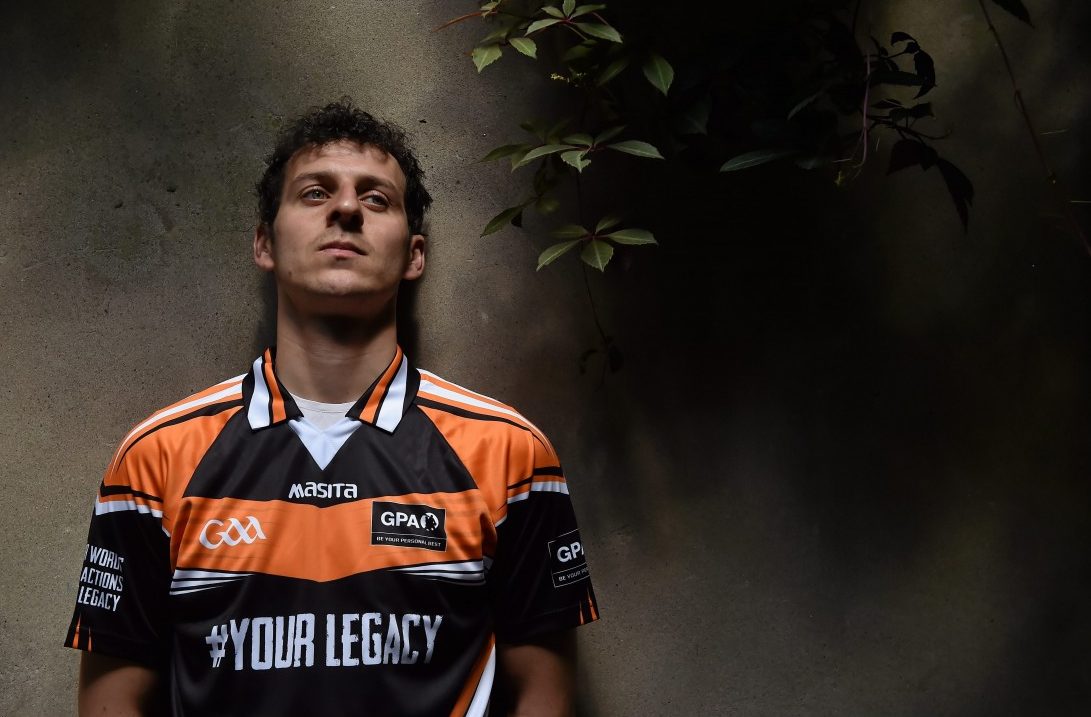THIS week, the Down u-17 management team delivered a Zoom session to all club minor managers within the county regarding the return to play. The call offered advice and guidance on injury prevention and about basing their training around a games-based approach.
It really made me reflect on the type of games we use to play when we were younger. Most of the same group of lads I grew up with played both soccer and Gaelic. In soccer we were relatively, in fact extremely, successful even to provincial level, but at Gaelic not so much. I always wondered was there any particular reason for that and I fully believe it was a simple one.
During school time we played the game of soccer. It was simply yard football or what would be better commonly known as ‘mob football.’ Anything goes and sometimes games could be 13 v 13 in a tight space. It was the same on the street with your friends. You played small-sided games, you made up the rules and played a match till your heart was content or until the person who owned the ball was called in for dinner. Even then you might adapt and use a plastic bottle if no other ball was available.
Any formal soccer training was literally jumpers for goalposts or a five-a-side and we got to know and play the game for ourselves. Most importantly of all, unbeknown to us we were being creative and developing leaders.
Did we ever play Gaelic football in the yard or out on the street among our mates? No, it was just soccer. When Gaelic training happened there were very little games, the session was dominated by drills.
Now don’t get me wrong, this was well over 25 years ago and the same volume of quality coaching material, workshops and advice wasn’t there. The coaches were great people, in fact fantastic people, but were really only there to help out and supervise. It usually wasn’t because they had a passion or thirst for furthering their knowledge about coaching and as young players we genuinely didn’t understand or know how to play the game at all.
So fast-forward to the modern day game of Gaelic football, what has changed in sessions? Well the majority of coaching sessions and training sessions are now based and built around games, whether those are small-sided, conditioned games or full games. If the session isn’t built around games, something needs to change soon.
I am just a touch fearful though that in modern day Gaelic football coaching we aren’t allowing the same level of freedom of expression that you might have had back in the day when playing your yard football. Training for me has become too regimented.
Take for example your development squads. From u-14 level it’s all high class fancy equipment and cones, we are now in an era engrossed in sports science and sports psychology, young players are regularly fitness tested, some coaches are more concerned the player brings a foam-roller to training rather than a ball.
I feel the players’ imagination, flair and instinctiveness is now gone. Players from this level up are now coached to play in a system and not to deviate away from that. The freedom to play and freedom of expression that existed on the playground is going or in most cases is already gone.
I admire the fantastic work underage coaches do with the six, seven and eight-year-olds in clubs across the province. The technical skills and gross motor skills are all being coached superbly well to thousands of children. All of the children can run, jump, catch, kick, bounce, solo etc, but as they grow older, how many of those children are being given the responsibility to make decisions?
The decision-making process is being taken away from them, coaches are telling youngsters where to run, when to kick, when to drop, when to push. It’s stifling the development of leaders as well.
I have had a taste of working with younger players last year in my new role as GAA Development Officer for a school and I travelled around feeder primary schools giving the young people a taster in GAA sessions. I always started with an element of skill refinement and development but tried to base the majority of the session around fun, innovative, thinking games.
It’s time to start giving the power of ownership back to our young players. Take a risk over the next few weeks, let them explore through games. Play mini-games in your training sessions and send them away in small groups to discuss how it could go better or what went well. Use what are known as ‘tactical timeouts.’
Play mini tournaments in training – once the ban on non-contact is lifted – where different players lead the half-time and pre-match team-talks to try and develop and create some leadership.
Kids don’t talk anymore. They Whatsapp or Snapchat each other which, in turn, has an impact on the field. It’s time we as coaches stopped intervening too much with the young players during training and let the session be more natural. Let them play and explore games with a freedom, the same way ‘the Gooch’, the O’Ses, Canavan would have played when they were younger.
There was no one telling ‘the Gooch’ not to kick the ball with the outside of his foot! The best way to let young players be free is through the power of play.
comment@gaeliclife.com
Receive quality journalism wherever you are, on any device. Keep up to date from the comfort of your own home with a digital subscription.
Any time | Any place | Anywhere












